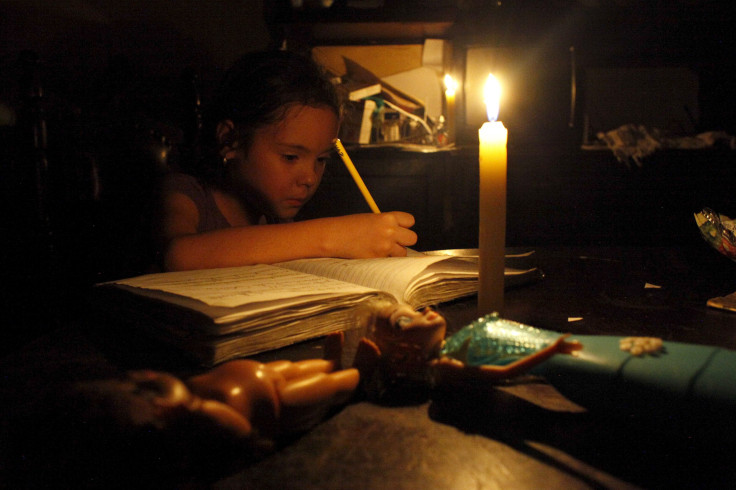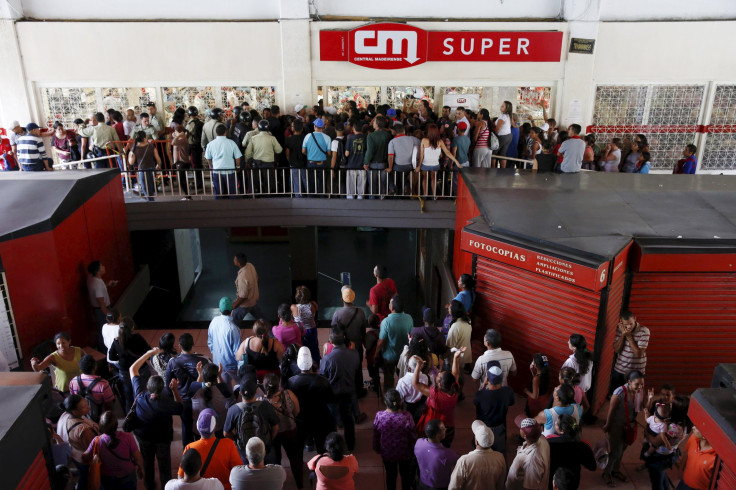Venezuela Power Cuts: 2-Day Work Week For Government Employees To Save Electricity

The government of Venezuela has introduced a two-day workweek for all public sector employees in its latest effort to tackle the crippling energy crisis in the oil revenue-dependent South American economy. The country is facing a major drought which has reduced the water level at El Guri dam — Venezuela’s main dam and hydroelectric plant, which provides for about two-thirds of its energy needs — to near-critical levels.
Speaking on his weekly national television program, President Nicolas Maduro said Tuesday: “From tomorrow, for at least two weeks, we are going to have Wednesdays, Thursdays and Fridays as non-working days for the public sector.”
In an announcement earlier this month, the socialist government had already given Fridays off to government employees till the end of May to reduce energy consumption. Primary schools will also be closed Fridays. While the new decree about Wednesdays and Thursdays could be withdrawn earlier, Fridays will remain off till June.
“This is a necessary measure while we pass the critical weeks,” Maduro said, adding: “I’m asking the citizens for all their support.”
Government workers in sensitive sectors such as food will not be covered by the new decree. And despite the two-day week, salaries of about two million affected workers will be paid in full.
Starting Monday this week, Venezuela also introduced rolling four-hour power cuts for 40 days, applicable to 10 of the country’s 23 states, which include some of its biggest cities.
The government blames the El Niño weather phenomenon for the severe drought and said it is requesting the international community for help, both technical and financial, while it waits for the rains to return and replenish its dwindling water resources.
“Several countries in the region have been affected by the drought, caused by El Nino. But Venezuela has the highest domestic consumption of energy,” Maduro said.
The opposition and other critics of the government have, however, blamed the current crisis on inadequate investment, failure to diversify energy sources, inefficiency and corruption.

Ordinary Venezuelans have more than just the double whammy of electricity and power shortages to deal with.
As crude oil prices have fallen and stayed low for months now, Venezuela’s revenues from its chief export have shrunk considerably, plunging the country into a recession. In February, the government had also devalued the currency and increased fuel prices by 6,000 percent. Nevertheless, prices of basic goods have gone up and their supply decreased, causing long lines at shops.
© Copyright IBTimes 2024. All rights reserved.











